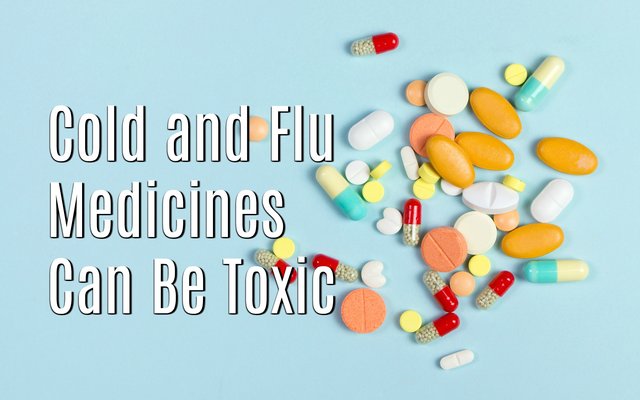by Tom Malterre | 9 comments
What makes broccoli so super?
Why is this topic important? in a phrase - our world is toxic. My life experience and my research have confirmed something many of us know: Humans have added persistent toxins to our environment at unprecedented levels and rates. Learn how you can protect yourself in my TED talk video below.
Broccoli and other cruciferous vegetables can protect all your cells from toxic damage, head off chronic disease before it shows up, and allow you to be here longer for your friends and family - increasing the amount of time you are on the planet and available to make a difference.
There are many health issues associated with toxicity:
- weight problems
- blood sugar imbalances
- mood/sleep disorders
- low energy
- irritable bowel syndrome
- the list goes on...
Fortunately, there are many, many ways to detoxify our bodies. In my extensive research, cruciferous veggies are unmatched in both their efficiency and effectiveness as detoxifiers.
So, what’s the deal with broccoli then?
Not just broccoli, but all cruciferous vegetables, have been shown to assist the body’s natural detoxification mechanisms. Cruciferous vegetables include broccoli, cauliflower, cabbage, kohlrabi, kale, collard greens, bok choy, cress, Brussels sprouts, arugula, maca, radish, daikon, and mustard.
How do cruciferous vegetables actually work?
These vegetables are high in a substance called sulforaphane (SFN), which prompts our DNA to activate hundreds of antioxidant and detoxification genes. Normal antioxidants have a 6-hour window of protection; SFN has a 72-to-94-hour window of protection! Rather than acting on a one-to-one ratio, SFN instead causes cells to become manufacturers of antioxidants and detoxification enzymes.
Which are the best cruciferous vegetables to eat for detoxing?
Broccoli sprouts are the highest in sulforaphane, followed by cress, arugula, broccoli, and radishes. But they all have it in valuable quantities.
Can I overdose on cruciferous vegetables?
Overdosing is extremely rare. The research shows that you can cause goiter-like issues, IF:
- you eat over 2 pounds of raw cruciferous vegetables per day, and
- if you have iodine insufficiency, and
- if you have hypo-thyroid issues
How do I prepare and eat cruciferous vegetables?
For general health, and specifically for detox, cruciferous vegetables are best raw or lightly steamed.
Why is raw or lightly cooked best?
Sulforaphane is attached to glucose, and it needs an enzyme called myrosinase in order to activate. This enzyme is deactivated by microwave cooking as well as long-term cooking. So, you’ll get the most benefit if you eat them lightly steamed (for 2-5 minutes only) or raw. However, eating cruciferous vegetables in any form (sautéed, roasted, raw, or steamed) is protective and beneficial for health. I’ve added a recipe section at the end of this document to give you ideas for some delicious meals you can prepare.
Down-sides
Some of my clients who have been prescribed thyroid medication have been told to stay away from cruciferous vegetables. The reason for this is that the isothiocyanates in the vegetables may bind to the iodine in the meds, thus preventing absorption by the body. However, the instructions for thyroid medication include taking it 30 minutes before any food, so this should not be an issue.
Recipes From NourishingMeals.com
Raw Thai Wraps with Cilantro Pumpkin Seed Pate
Peach Ginger Mint Green Smoothie
Sautéed Brussels Sprouts with Shallots

Stay up to date with the current science and recipes that can help make your family healthy.


Comments
broccoli sprouts
by Deidre McGannon RD on Tue, 02/16/2016 - 8:56pm
Protein Sources for the Detox Phase I
by Tammy Gallow on Mon, 04/04/2016 - 4:16pm
broccoli allergy
by Dr. Shawn Haywood on Wed, 06/08/2016 - 2:03pm
7x more powerful Nrf2 activator :)
by Shaun McKee on Thu, 06/23/2016 - 9:55am
Eliminate broccoli?
by Elizabeth Bergeron on Sat, 04/08/2017 - 4:58am
Sulforaphane in broccoli
by Shaun Weaver Mc... on Thu, 04/20/2017 - 11:01am
Sulforaphane in broccoli
by Shaun Weaver Mc... on Thu, 04/20/2017 - 12:14pm
SIBO and MTHFR mutation
by Arlene on Sat, 04/29/2017 - 7:04am
Histamine Intolerance
by Sandy on Thu, 05/04/2017 - 7:17pm
Add new comment